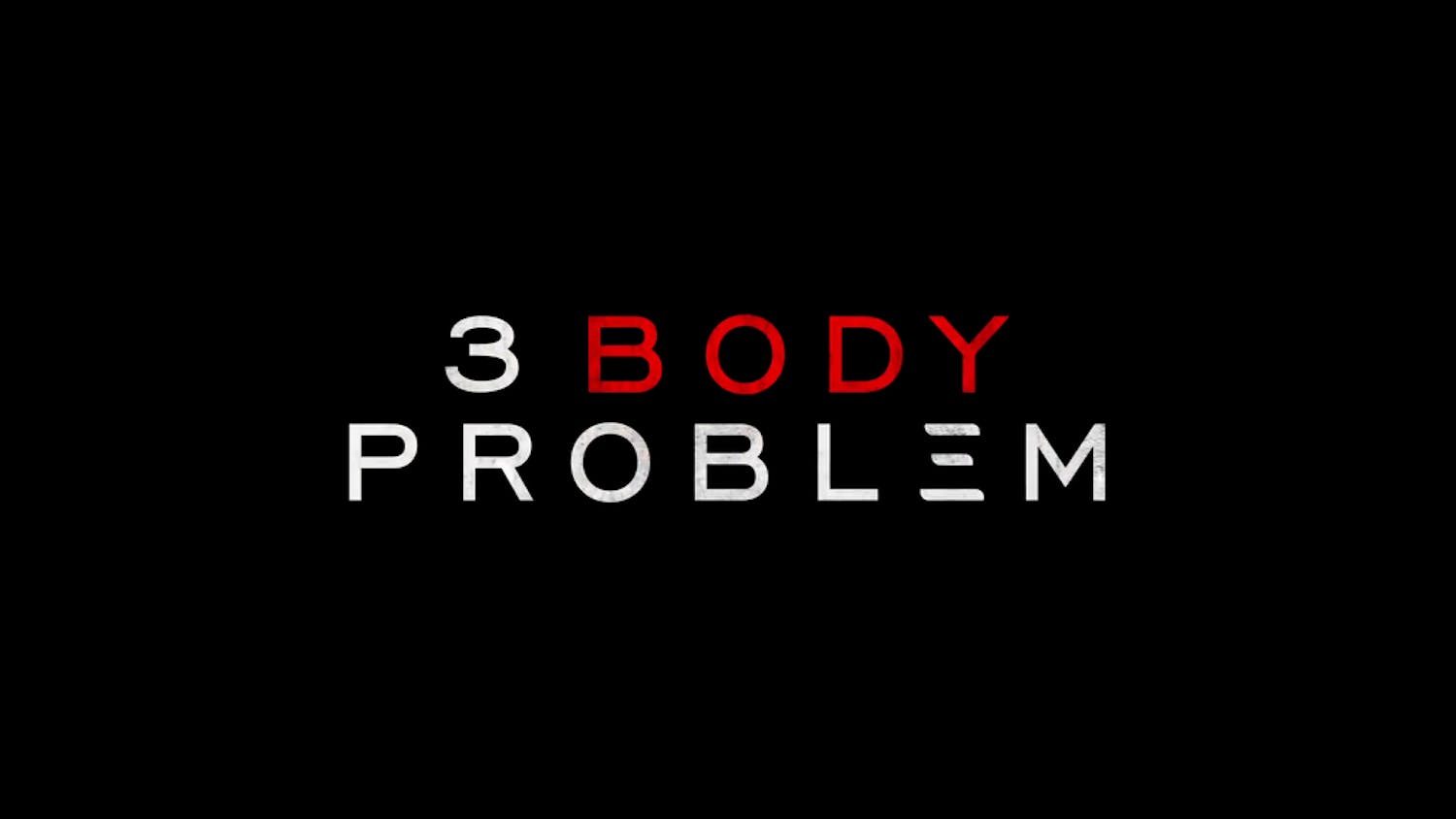While no stranger to depicting heroism in his work, Clint Eastwood uses a remarkably light touch this time around in his latest film “Sully” (2016). Without sensationalizing the already extraordinary event of Captain Chesley "Sully" Sullenberger’s forced water landing on the Hudson River, Eastwood allows humanity to breathe on its own through careful character study. The result is as stunning as it is gripping.
The film takes off during the aftermath of the landing, as Captain Sullenberger, portrayed by Tom Hanks, deals with overwhelming attention. Audiences will be shocked and immediately hooked when they witness a vision of what could have happened if Sully had not landed in the Hudson. It is uncomfortably reminiscent to the horrors of 9/11, so the stakes are immediately understood. Much like this scene, the majority of the film takes place in his head, as carefully-placed flashbacks and visions showcase the stress and self-doubt that was incited by the media and legal frenzy.
Eastwood, along with screenwriter Todd Komarnicki, certainly took great care in deciding how to unfold the narrative in an authentic and unpretentious manner. The film takes on a nonlinear structure, so when the fateful plane sequence finally does play out, the added anticipation is breathtaking.
Hanks’ performance is subtle and doesn’t embellish the story. He strips down the concept of a hero in an unassuming way. The chosen structure of the film pairs well with his nuances. Hanks depicts Sully’s reluctance and the stifling nature of his newfound circumstances with an ease that will leave audiences in awe.
Sully’s character is, without a doubt, the life-force of the film, yet humanity shines in those around him as well, including Sully’s first officer in the cockpit, Jeff Skiles, played by Aaron Eckhart. The duo seamlessly support one another, making it difficult to think of another actor/character partnership that rivals the one portrayed here. In addition, there are three separate passenger stories that are woven into the flashbacks of the event. There’s a mother with her baby who relies on the kindness of the stranger next to her, an older trio of father and sons who almost missed the flight were it not for a kind airline employee and a woman trying to comfort her elderly mother in the chaos that ensued. These asides iterate how ordinary the day appeared before the fateful call of “Birds!” drove everything out of control. Curiously, Sully blends into the background during the first sequence of the landing. He’s simply just another man doing his job as he would any other day. Most of the camera’s attention is directed to the cabin filled with the passengers and flight attendants.
Eastwood unapologetically creates an antagonistic force in the team that led the investigation after the event. The scenes taking place in the interview room and the courthouse paint them in an unfavorable light, as if they’re much more concerned with the airline’s best interests than the successful outcome of every choice Sully made before landing in the Hudson. Their portrayal might be a tad less fair than warranted, but for cinematic purposes, it's understandable. The crafting of an opposing force invigorated the stakes.
Had it not been for the nonlinear structure of the film, "Sully" might have turned out to be an underwhelming movie. Everyone knows how it ended. There is no drama in affirming the approval that exists for such an esteemed figure. Instead, the time spent with what was happening below the surface in Sully's mind gives new light to the "hero" the audience knows him as. The film says as much about the society that brands him with the moniker as it does about the man himself. Eastwood's direction in achieving this is thoughtful and unobtrusive.
Whether Warner Brothers tried especially hard to get a Sept. 9 release, or it just happened to work out that way, the release date has a somber effect. Now, 15 years after 9/11, Eastwood unabashedly reclaims the narrative by showcasing the best of what New York had to offer on the frigid day of Jan. 15, 2009. The terror of that day is never explicitly recalled in the film, but the influence is felt throughout, whether it's the terrifying sight of Sully’s plane losing altitude as it nears the skyscrapers or during one of the character’s pointed remarks: “You know it’s been a while since New York had news this good. Especially with an airplane in it."
'Sully' quietly soars as ode to humanity, competence
Summary
4 Stars





